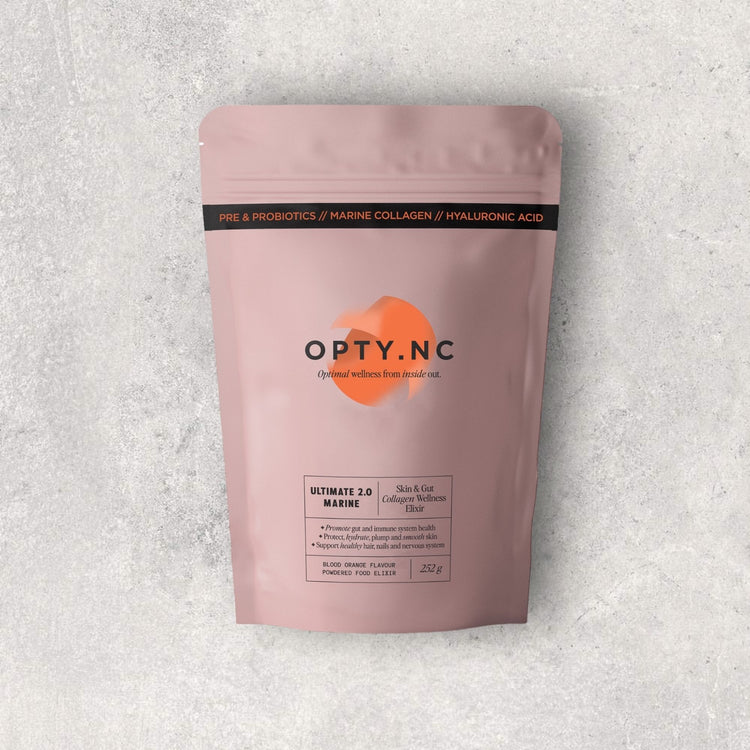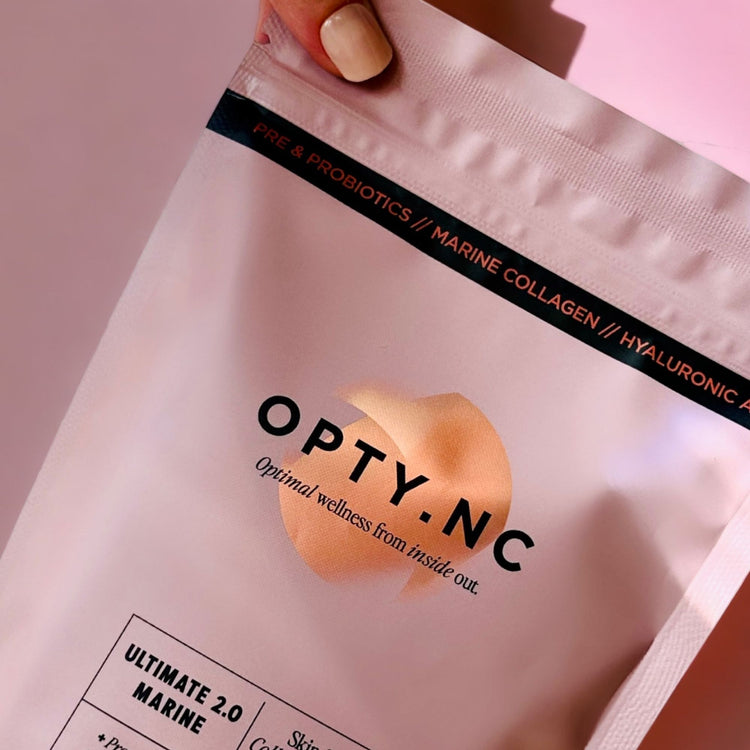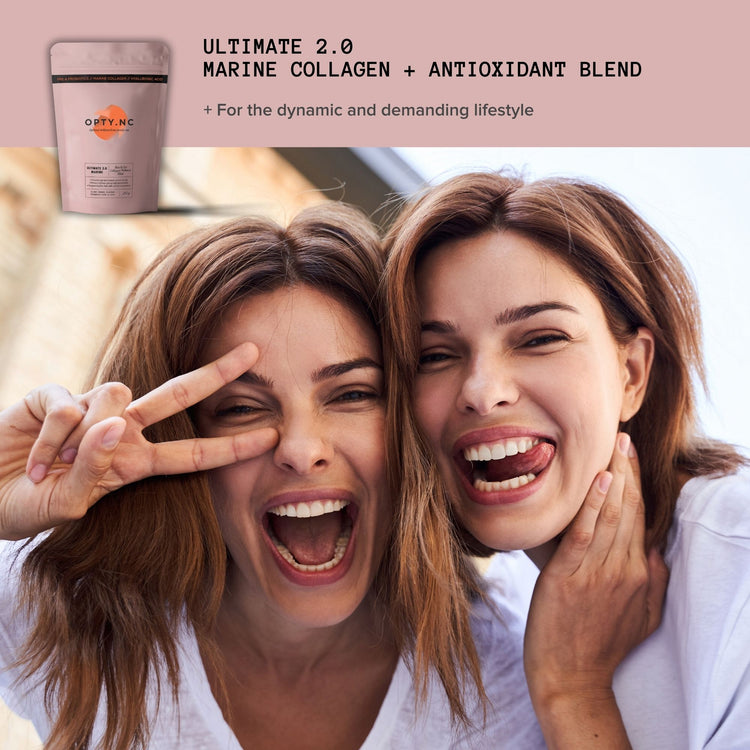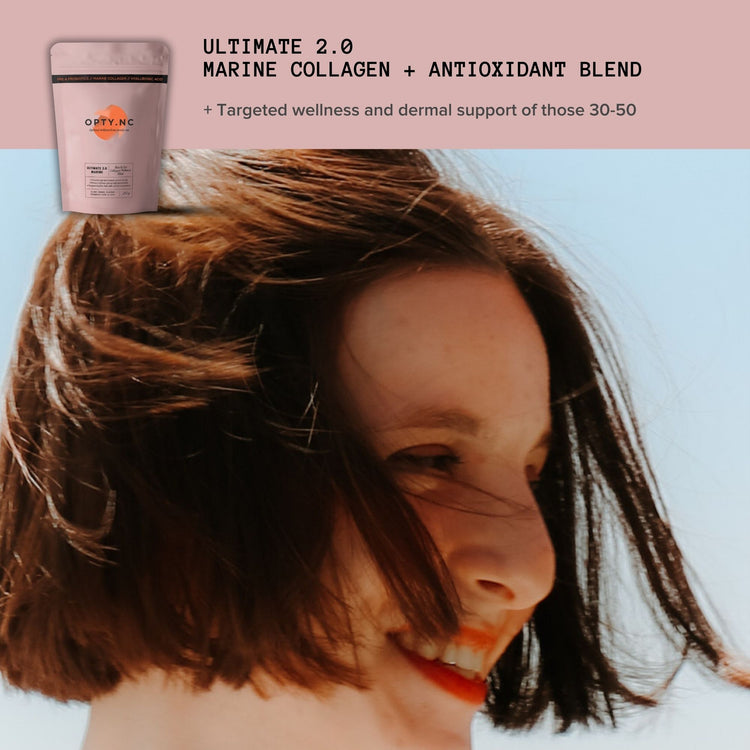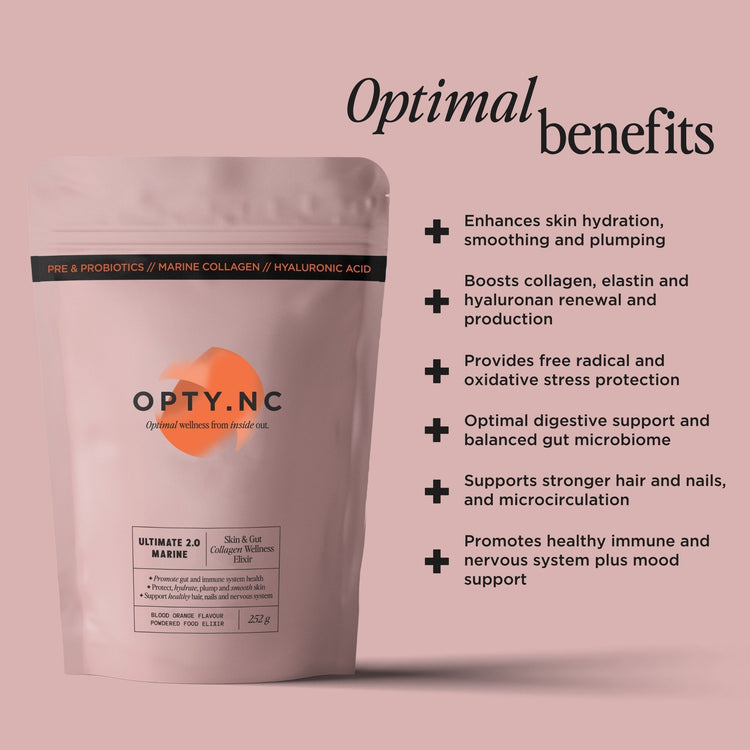In our fast-paced lives, sleep often takes a backseat to our busy schedules. Yet, the significance of a good night's sleep extends beyond feeling refreshed—it profoundly influences the health and appearance of our skin. We have already discussed the intricate gut-skin connection, highlighting the negative effects of an unbalanced gut microbiome on our skin. However, it is equally important to address the detrimental effects of insufficient sleep on your skin. By understanding the repercussions of sleep deprivation and implementing practical tips for a better night rest, we can take pro-active steps towards healthier, more vibrant skin.
Beauty Sleep Decoded
Our bodies operate on a natural rhythm known as the circadian rhythm, orchestrating various physiological processes. Central to this rhythm is sleep—a pivotal period during which our skin, hair and overall appearance undergoes vital repair and rejuvenation often referred to as “Beauty Sleep”. The term implies that sufficient sleep helps to enhance skin complexion, reduce the appearance of dark circles and puffiness around the eyes, promote skin elasticity, and minimize the formation of wrinkles and fine lines. Additionally, adequate sleep helps support overall well-being, which can manifest in a healthier, more radiant appearance.
While the term "beauty sleep" is often used in a light-hearted or whimsical context, there is scientific evidence to support the notion that sleep plays a crucial role in skin health and overall appearance.

Here are some key findings from science-based studies:

Role of Sleep in Overall Health
Research suggests that the amount of sleep required for optimal cellular turnover and overall health can vary depending on factors such as age, individual differences, and lifestyle factors. While there isn't a specific "magic number" of hours of sleep that applies universally to everyone, scientific studies have provided insights into the importance of adequate sleep for not just skin health and cellular turnover but overall well-being.
While individual sleep needs may vary, most adults generally require 7-9 hours of quality sleep per night to support optimal health and well-being. Children and adolescents typically need more sleep, while older adults may require slightly less. It's essential to prioritize sleep as part of a healthy lifestyle and to establish consistent sleep habits and routines to support overall health and cellular turnover.
But what happens when sleep deprivation becomes a chronic pattern, leaving you with a mere 4-5 hours of sleep per night? This level of sleep deficiency amplifies the adverse effects on your skin. Even a few hours of lost sleep can result in pronounced dehydration, accentuated fine lines, and a decline in collagen production—a vital protein responsible for skin elasticity and youthfulness.
When this rejuvenating process is disrupted due to inadequate sleep, the consequences manifest visibly on our skin. Insufficient sleep disrupts the delicate balance of skin regeneration, resulting in lackluster, dehydrated skin that loses its elasticity over time. The slowdown in cellular turnover leads to a dull complexion and accentuates fine lines and wrinkles. Moreover, sleep deprivation triggers an uptick in stress hormones, contributing to skin inflammation, redness, and heightened sensitivity. These factors collectively heighten the susceptibility to acne breakouts, eczema flare-ups, and exacerbate existing skin conditions.
Studies show around 35% of adults worldwide experience inadequate sleep on most nights. You might be one of them. So, how can you ensure a good night's sleep?
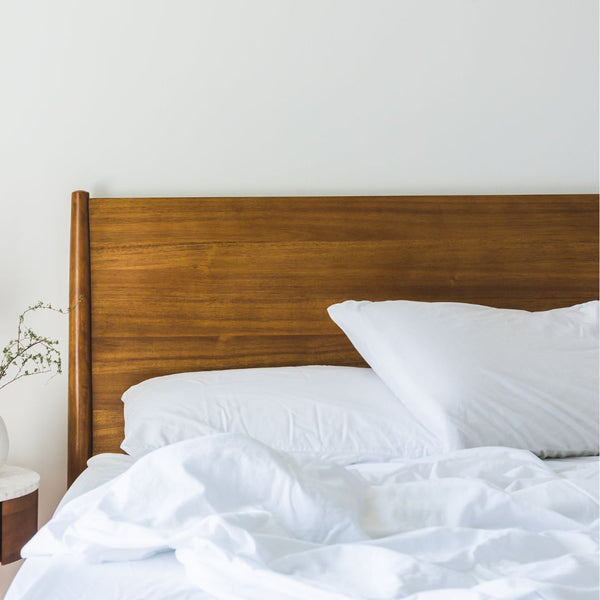
Practical Strategies for Improving Sleep
To mitigate the detrimental impact of sleep deprivation on your skin, prioritizing quality sleep is imperative.
- Establish a consistent sleep schedule tailored to your body's natural rhythm.
- Create a conducive sleep environment: keep your bedroom cool, dark, and quiet.
- Invest in higher quality bedding, pillows, and a supportive mattress for optimal comfort.
- Limit caffeine and alcohol intake, especially before bedtime.
- Avoid heavy meals close to bedtime to promote easier digestion.
- Disconnect from electronic devices at least an hour before sleep to reduce exposure to blue light.
- Incorporate relaxation techniques such as deep breathing exercises or meditation to unwind before bedtime.
- Consider incorporating natural sleep aids such as herbal teas or essential oils known for their calming properties.
If you have concerns about your sleep quality or duration, consulting with a healthcare professional can provide personalized recommendations and guidance.
Supplementation and Our Holistic Approach
Now that we've explored the profound connection between sleep and skin health, it's clear that prioritizing restorative sleep is essential for maintaining a radiant complexion and overall well-being. However, we understand that achieving quality sleep isn't always easy, especially in today's fast-paced world filled with stressors that can disrupt our sleep patterns.
Recognizing this, our range of Ultimate Elixirs has been meticulously crafted with a holistic perspective on skin health, offering support not only for gut health but also for adrenal stress management and the nurturing of a robust nervous system.
Our Ultimate 1.0 Vegan elixir is formulated with a potent blend of adaptogens and botanicals, including holy basil extract—an Ayurvedic adaptogen renowned for its stress-relieving properties. Enriched with skin and nervous system-nourishing biotin, vitamin B3, and vitamin B5, alongside marine magnesium for enhanced nervous system support, muscle relaxation, and fatigue reduction, this elixir provides comprehensive wellness support.
In our Ultimate 2.0 formula, we've introduced Cantaloupe Melon SOD extract to combat both physical and mental fatigue induced by stress, while safeguarding the skin against oxidative damage. Additionally, Saccharomyces Boulardii, abundant in B vitamins, offers multifaceted benefits, supporting nervous system function, cognitive health, hormonal balance, and reducing stress hormone secretions that all play a role in better sleep quality.
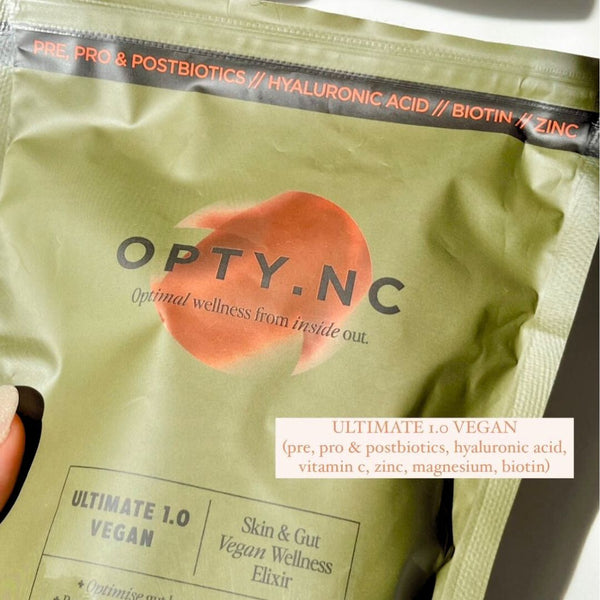
Sleep Tight!
Sleep is an essential aspect of our overall health and well-being. It plays a crucial role in keeping us physically and mentally fit and also has a significant impact on the appearance of our skin. By acknowledging the profound impact of sleep deprivation and prioritizing rest, we empower ourselves to make informed choices along our individual and unique wellness and beauty journeys.











